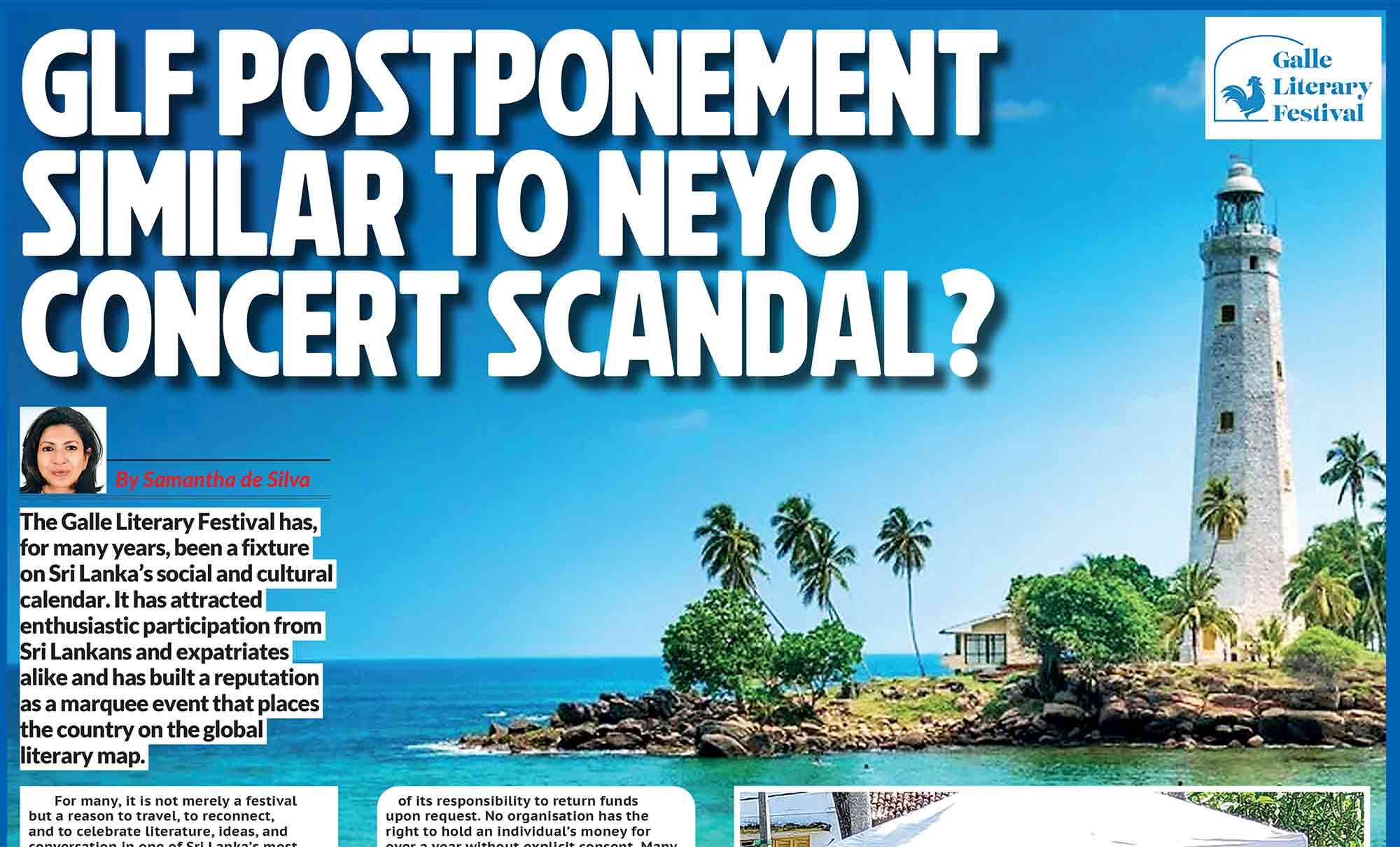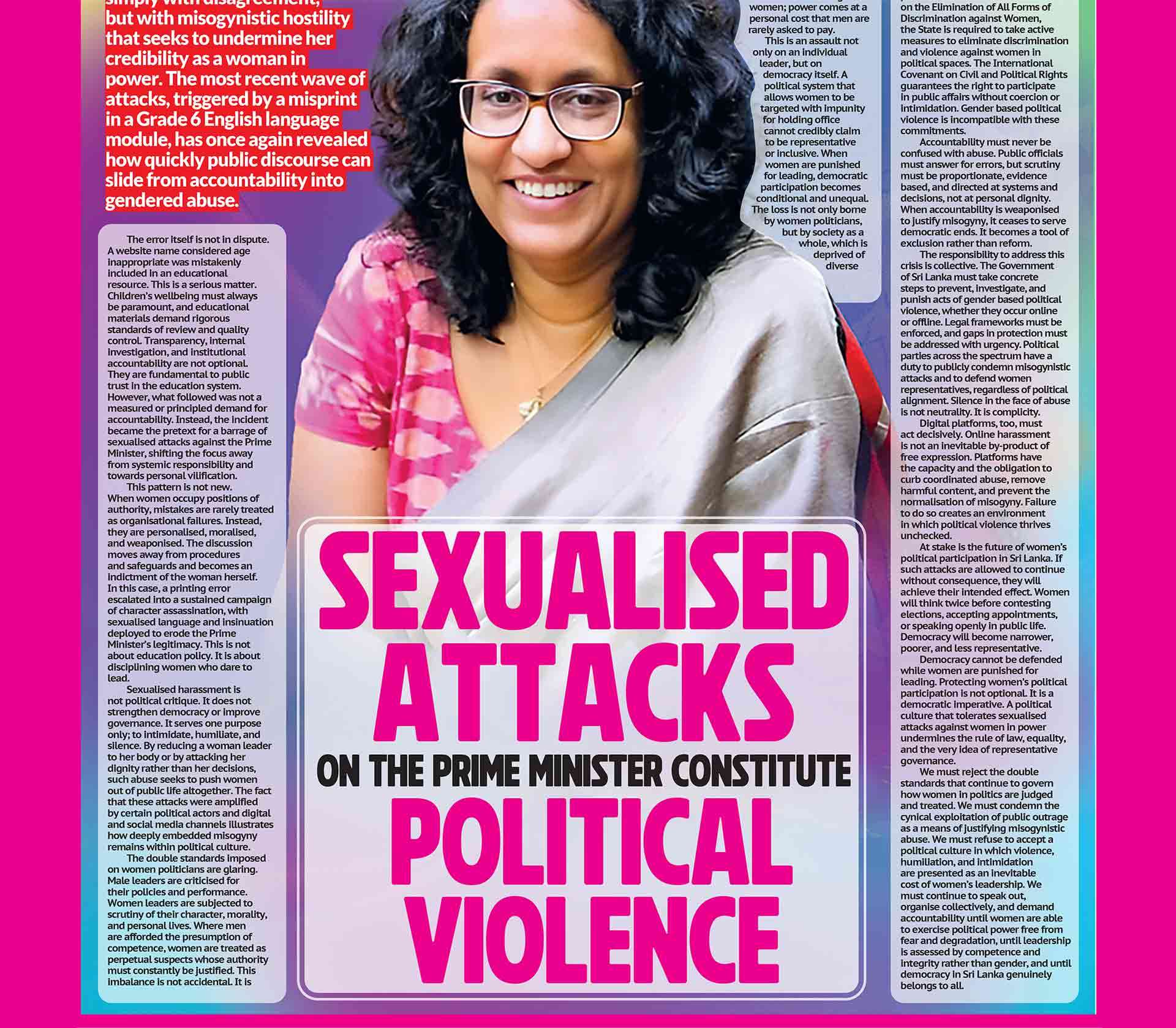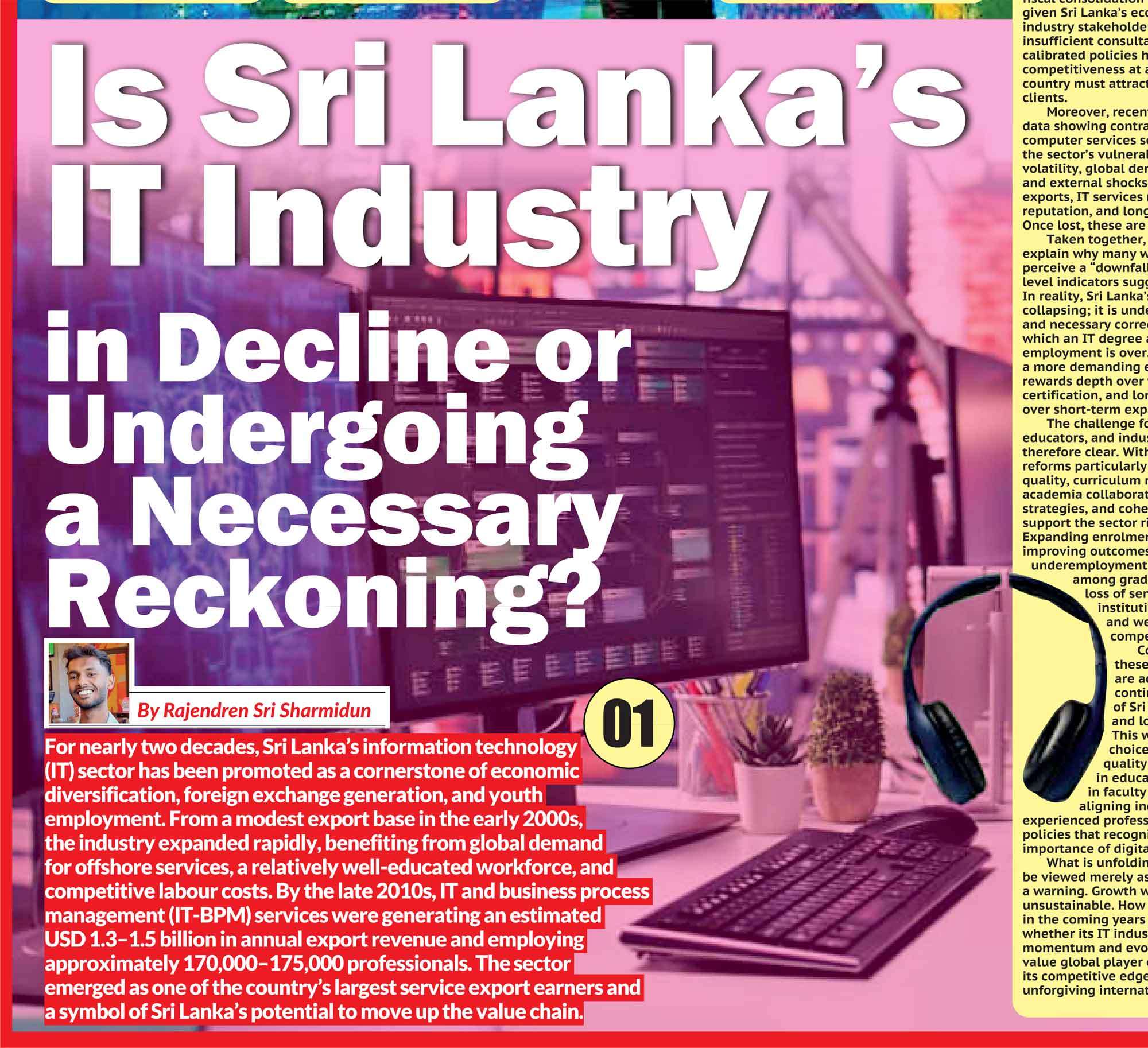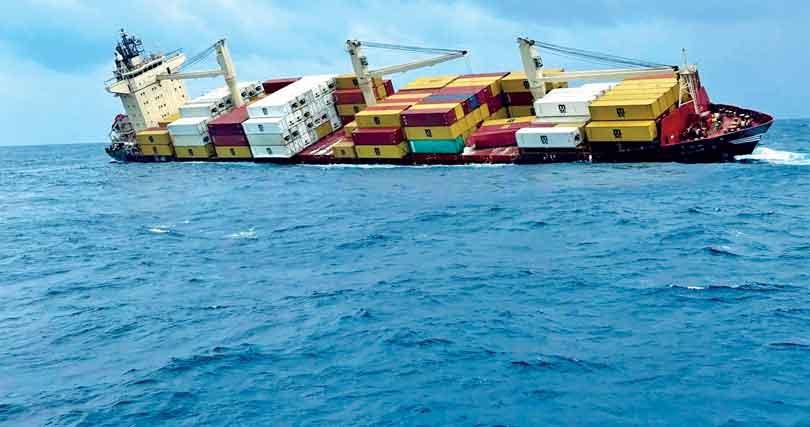
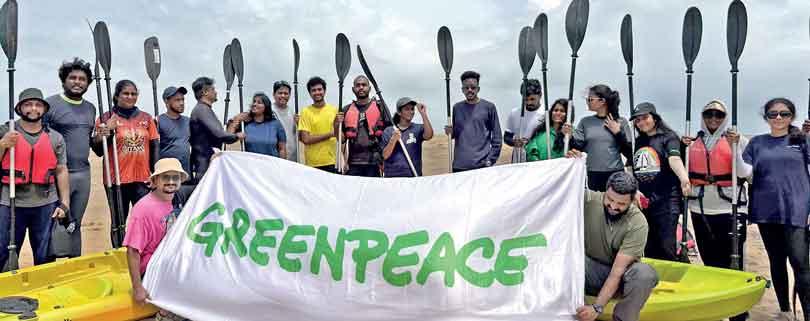
This year’s World Ocean Day holds added urgency. Coming just ahead of the United Nations Ocean Conference (June 9–13) in France, it serves as a regional wake-up call for transparency, environmental justice, and global ocean governance
In a show of regional unity, Greenpeace South Asia has launched coordinated World Ocean Day activities under the banner “One Ocean, Many Lives.” Events took place across South Asia - in Khulna (Bangladesh), Galle and Colombo (Sri Lanka), Odisha and Chennai (India) bringing together ocean stakeholders, fisherfolk, youth movements, and environmental activists
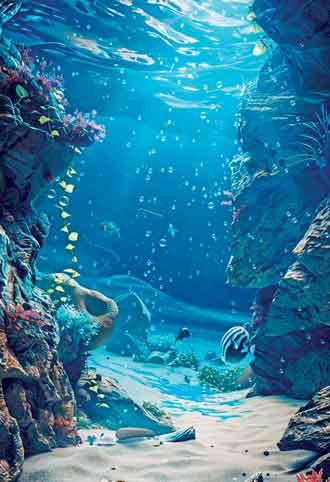 As the waves of Gintota Beach sparkled under the early morning sun, dozens of vibrant kayaks formed the outline of a giant turtle; a powerful tribute to the ocean and its role in sustaining life on Earth. This stirring image marked Greenpeace South Asia’s celebration of World Ocean Day 2025. But beneath the celebration lay a sombre note: solidarity with the communities reeling from the devastating MSC ELSA 3 shipwreck off the coast of Kerala.
As the waves of Gintota Beach sparkled under the early morning sun, dozens of vibrant kayaks formed the outline of a giant turtle; a powerful tribute to the ocean and its role in sustaining life on Earth. This stirring image marked Greenpeace South Asia’s celebration of World Ocean Day 2025. But beneath the celebration lay a sombre note: solidarity with the communities reeling from the devastating MSC ELSA 3 shipwreck off the coast of Kerala.
1
The environmental tragedy, which occurred on May 25th, has already begun to scar India’s western coastline. Containers of unidentified cargo and millions of plastic pellets have washed up on shores in Kerala and Tamil Nadu, polluting fragile marine ecosystems and threatening the livelihoods of coastal fishing communities. Ongoing monsoon rains have severely hampered initial cleanup efforts and delayed an accurate environmental impact assessment, echoing the chaos and heartbreak seen in Sri Lanka after the 2021 X-Press Pearl disaster.
This year’s World Ocean Day holds added urgency. Coming just ahead of the United Nations Ocean Conference (June 9–13) in France, it serves as a regional wake-up call for transparency, environmental justice, and global ocean governance. While the Kerala disaster continues to unfold, South Asia is uniting to demand action, accountability, and long-term protections for one of the planet’s most vital shared resources: the ocean.
2
A Region in Mourning and Mobilization
The MSC ELSA 3, a container vessel, ran into trouble off the Kerala coast late last month. The ensuing shipwreck has unleashed a torrent of environmental concerns, particularly surrounding the presence of hazardous cargo and fuel leakage. With official updates still sparse, public frustration is growing.
“What exactly was in the containers, and who will be held accountable for the damage to marine biodiversity and fragile ocean ecosystems, as well as the loss of coastal livelihoods and harm to the local economy?” questioned Robert Panipilla, renowned ocean conservationist and founder of Friends of Marine Life. “We are calling on MSC and local authorities to release the full cargo manifest of MSC ELSA 3. People have the right to know.”
Greenpeace India campaigner Amruta S. Nair echoed the urgency: “It’s been two weeks since the accident, and still no official response from MSC. While the global shipping industry profits, marine life is choking on plastic pellets and fishing communities are being starved out. This is not just a local issue, this is part of a broken system that prioritizes profit over the planet.”
3
One Ocean, Many Lives”
In a show of regional unity, Greenpeace South Asia has launched coordinated World Ocean Day activities under the banner “One Ocean, Many Lives.” Events took place across South Asia - in Khulna (Bangladesh), Galle and Colombo (Sri Lanka), Odisha and Chennai (India) bringing together ocean stakeholders, fisherfolk, youth movements, and environmental activists. At Gintota Beach, the turtle-shaped kayak installation symbolized both the beauty of marine biodiversity and the vulnerability of ocean life in the face of unchecked industrial disasters. The visual was a call to protect sea turtles and other endangered marine species now imperilled by pollution and habitat degradation.
“These gatherings are about more than celebration, they are about collective action,” said Anita Perera, Campaigner at Greenpeace South Asia. “We are delivering a joint message of hope, resilience, and resistance. It is time for our leaders to ratify the global High Seas Treaty and protect at least 30% of the world’s oceans. But beyond that, we must recognize and uplift the wisdom of coastal communities and small-scale fishers. They have protected these waters for generations; it’s time we listen.”
4
A Call for Global and Local Action
As the international community prepares to meet in France for the United Nations Ocean Conference, South Asia’s cry for justice resonates deeply. The region - home to rich marine biodiversity and millions of people dependent on the sea, continues to bear the brunt of ecological disasters linked to shipping and plastic pollution. In Kerala, fisher families are reporting dead fish, damaged nets, and fewer hauls, signs of an ocean under siege. “We feel helpless,” said one local fisherman, who asked not to be named. “The ocean gives us everything; food, work, identity. Now we don’t know what’s safe anymore.” Greenpeace has deployed a documentation team to Kerala to monitor the ongoing fallout and support local partners advocating for an independent investigation. Environmental groups are demanding that the MSC company issue a transparent cargo manifest, establish a comprehensive cleanup operation, and compensate affected communities.
5
Ocean Governance Must Centre Justice
Environmentalists stress that disasters like MSC ELSA 3 and X-Press Pearl are not isolated incidents, but part of a broader crisis within the global shipping industry. Calls for decarbonizing shipping, regulating dangerous cargo, and reducing plastic waste have grown louder in recent years, and this year’s UN Ocean Conference is seen as a pivotal moment for reform. “Major shipping companies cannot hide behind opaque practices any longer,” said Amruta S. Nair. “We must hold them accountable not just for spills and accidents, but for their role in global pollution. The ocean is not a dumping ground. It’s our life source.” As the waves crashed gently at Gintota Beach, the World Ocean Day message was clear: solidarity, transparency, and action are needed now more than ever. South Asia’s coastlines are sounding the alarm, and the world must listen.



